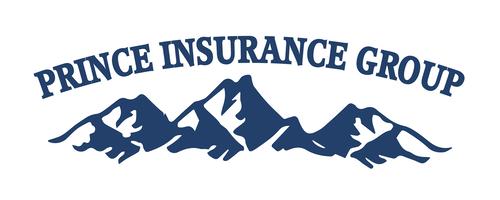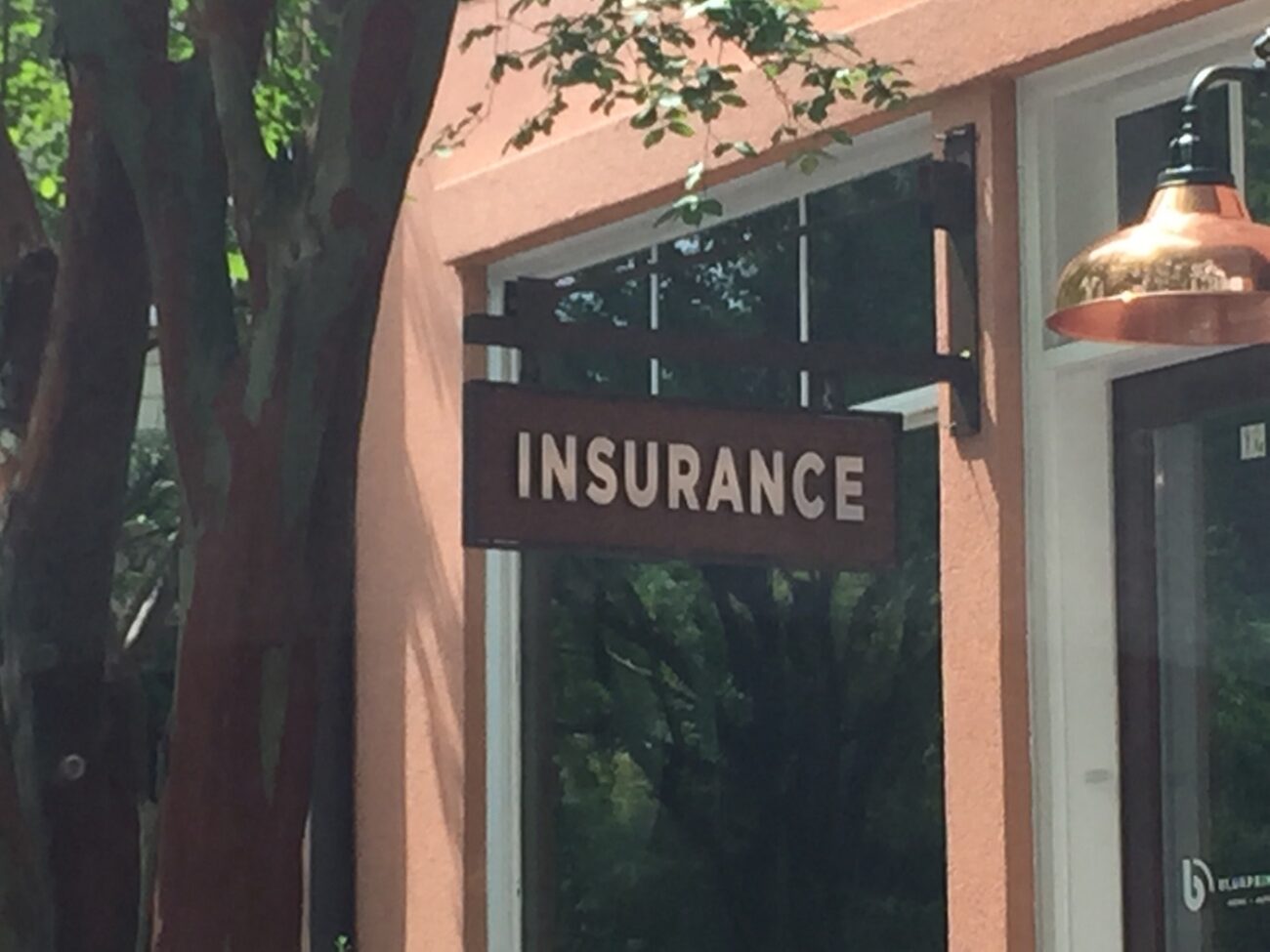Have you ever made a key mistake when purchasing your business insurance policy? If so, you are not alone, as most business owners make mistakes when buying their policies. No matter what kind of insurance you carry, there are a few things that you should know about the biggest business insurance mistakes that you can avoid. Whether you are a homeowner, auto owner, or business owner, there are a few things you must know about insurance in order to avoid big mistakes.
Common Errors
The biggest business insurance mistakes include the following.
1. Not knowing what your business really needs.
2. Not being cognizant of the coverage you are actually buying when purchasing a policy.
3. Not reading the policy and understanding it fully.
4. Not reviewing the policy on a regular basis (at least every three years) to be sure it is what you need.
5. Being fooled by fancy but extraneous insurance add-ons that appear necessary, when actually they are not.
6. Not understanding that often what you already have in your business or home is adequate coverage and that additional insurance may be unnecessary at the cost it will command.

Always Consult Your Broker
Don’t make any mistakes with regard to your insurance coverages; always consult your broker so that you don’t accidentally get in trouble with your insurance provider. Depending on the broker you choose, the information you ask for may be different from the information you need to know.
Buying yourself without consulting an insurance broker puts you more at risk of making any of the mistakes listed above. A good broker knows your business and its needs very well. A good brokerage also has a network of companies that it works with, and the industry contacts to help find the best deals for you.
Contact Prince Insurance for a quote and avoid making the biggest business insurance mistakes.











